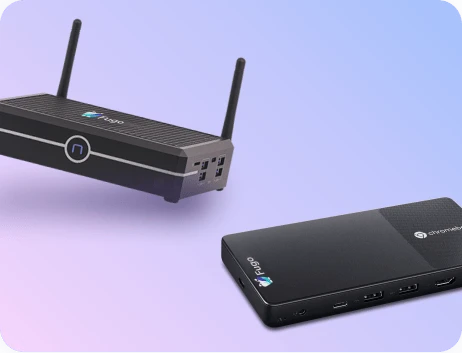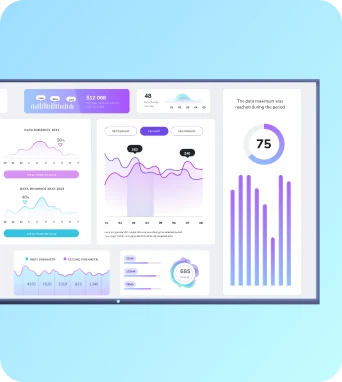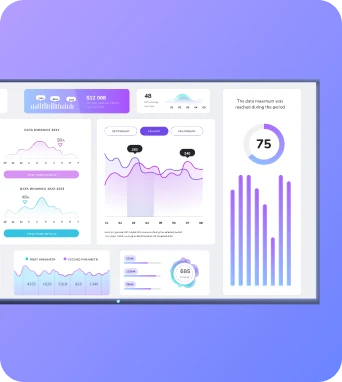Digital Signage Wiki/Zero-touch configuration
3 min read
Sep 18, 2025
Zero-touch configuration
Zero-touch configuration refers to the automated setup and deployment of digital signage systems without manual intervention, streamlining the process for efficiency and scalability.
What is Zero-touch configuration?
Zero-touch configuration is a revolutionary approach in the digital signage industry, allowing for the seamless deployment and management of devices without the need for manual setup. This method leverages cloud-based technologies and automated processes to configure devices remotely, ensuring that digital signage networks can be expanded and maintained with minimal human intervention. As businesses seek to optimize operations and reduce costs, zero-touch configuration emerges as a critical component in achieving these goals.
The Technology Behind Zero-touch Configuration
Zero-touch configuration relies on a combination of cloud computing, network protocols, and device management software to automate the setup process. At its core, this technology utilizes a centralized management platform that communicates with digital signage devices over the internet. When a new device is powered on, it automatically connects to the network and reaches out to the management platform. This platform then pushes the necessary configuration settings, applications, and content to the device, ensuring it is ready for use without any manual input. The process is facilitated by technologies such as DHCP (Dynamic Host Configuration Protocol) and DNS (Domain Name System), which help devices locate the management server. Additionally, security protocols like HTTPS and VPNs (Virtual Private Networks) are employed to ensure that data transmission is secure and that devices are protected from unauthorized access. This technological framework not only simplifies the deployment process but also allows for ongoing management and updates to be conducted remotely, further enhancing operational efficiency.
Implementing Zero-touch Configuration in Digital Signage
The implementation of zero-touch configuration in digital signage involves several practical steps that ensure a smooth and efficient deployment. Initially, businesses must select compatible hardware that supports zero-touch capabilities, often involving collaboration with manufacturers who provide pre-configured devices. Once the hardware is in place, the next step is to set up a cloud-based management platform that will serve as the control center for all devices. This platform allows administrators to create configuration profiles, which include network settings, software applications, and content playlists tailored to specific business needs. As devices are deployed, they automatically connect to the platform, download their configuration profiles, and begin displaying content. This process not only reduces the time and labor associated with traditional manual setups but also allows for rapid scaling of digital signage networks. Furthermore, ongoing management tasks such as software updates, content changes, and troubleshooting can be performed remotely, ensuring that the signage network remains up-to-date and fully functional without the need for on-site visits.
Final Thoughts on Zero-touch Configuration
Zero-touch configuration represents a significant advancement in the digital signage industry, offering a streamlined and efficient approach to device deployment and management. By automating the setup process, businesses can save time and resources while ensuring their signage networks are scalable and secure. This innovative solution is ideal for organizations looking to expand their digital presence without the complexities of traditional methods. Learn more about Zero-touch configuration – schedule a demo at https://calendly.com/fugo/fugo-digital-signage-software-demo or visit https://www.fugo.ai/.
Keep the learning going...
Yodeck player
The Yodeck player is a digital signage media player that displays content on screens, facilitating content management and scheduling for various business needs.
2 min read
Sep 18, 2025
Zero-bezel displays
Zero-bezel displays are screens designed with minimal or no visible frame, providing an uninterrupted viewing experience, often used in digital signage.
3 min read
Sep 18, 2025
Zidoo Z9S
Zidoo Z9S is a high-performance media player designed for digital signage, offering robust playback capabilities and versatile connectivity options.
3 min read
Sep 18, 2025



